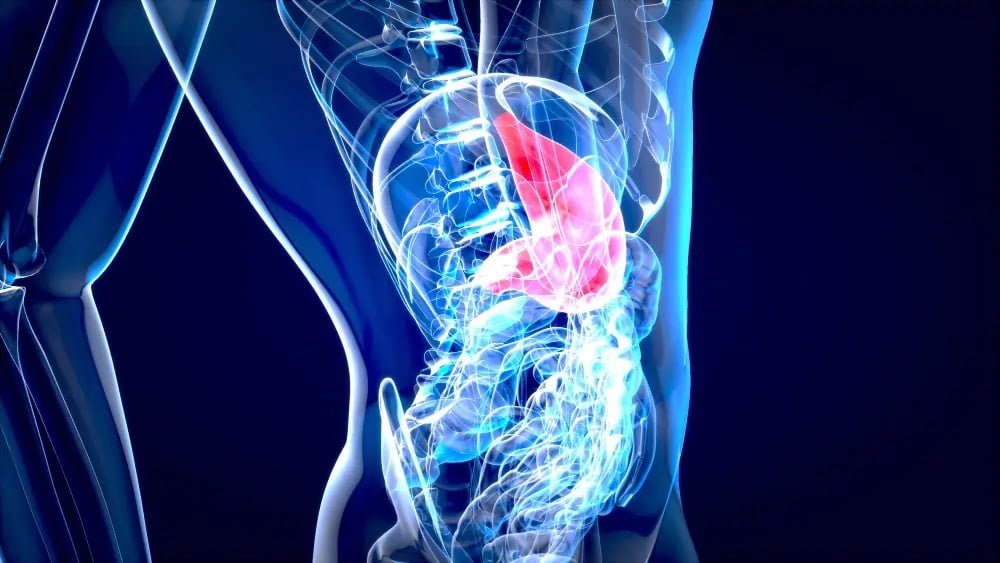When you are pregnant, you want to do everything you can to ensure the health and well-being of your baby. One of the simplest and most effective ways to do that is to eat more fruits. Fruits are not only delicious and nutritious, but they also have specific benefits for your baby’s brain development. Here are some of the reasons why eating fruits during pregnancy is good for your baby’s brain and which fruits you should eat more.
Fruits are rich in antioxidants
Fruits are one of the best sources of antioxidants, as they contain various phytochemicals, such as anthocyanins, flavonoids, and polyphenols. These phytochemicals give fruits their vibrant colors and flavors and also have anti-inflammatory, anti-cancer, and neuroprotective effects. Some of the fruits that are high in antioxidants are blueberries, papaya, oranges, and tomatoes.
Eating Fruits rich in vitamins and minerals
Fruits are a great way to get enough vitamins and minerals during pregnancy, as they provide a variety of them in different amounts. Some of the vitamins and minerals that are especially beneficial for your baby’s brain are:
- Vitamin C: This vitamin is an antioxidant that protects your baby’s brain cells from oxidative stress and supports the production of collagen, a protein that forms the structure of the brain. Vitamin C also helps with the absorption of iron, which is essential for the delivery of oxygen and nutrients to the brain. Fruits that are high in vitamin C are oranges, kiwi, strawberries, and guava.
- Folate: This vitamin is crucial for the formation of your baby’s neural tube, which later develops into the brain and spinal cord. Folate also helps with the synthesis of DNA and the prevention of neural tube defects, such as spina bifida and anencephaly. Fruits that are high in folate are papaya, avocado, banana, and cantaloupe.
- Vitamin B6: This vitamin is involved in the production of neurotransmitters, such as serotonin and dopamine, which regulate mood and behavior. Vitamin B6 also helps with the metabolism of amino acids, which are the building blocks of proteins. Fruits that are high in vitamin B6 are bananas, avocados, watermelon, and pineapple.
- Potassium: This mineral is an electrolyte that helps regulate the fluid balance and nerve impulses in the brain. Potassium also helps with the contraction of muscles, the regulation of blood pressure, and the prevention of cramps. Fruits that are high in potassium are banana, avocado, watermelon, and cantaloupe.
Fruits are rich in fiber
Fruits are a good source of fiber, as they contain both soluble and insoluble fiber. Soluble fiber dissolves in water and forms a gel-like substance that slows down the digestion and absorption of sugars and fats. Insoluble fiber does not dissolve in water and adds bulk to the stool, making it easier to pass. Some of the fruits that are high in fiber are apples, pears, raspberries, and figs.
How much fruit should you eat during pregnancy?
According to the Dietary Guidelines for Americans, pregnant women should eat about 2 cups of fruit per day, depending on their age and activity level. A cup of fruit is equivalent to one medium-sized fresh fruit, half a cup of dried fruit, or one cup of 100% fruit juice. However, you should limit your intake of fruit juice, as it contains more sugar and less fiber than whole fruits. You should also choose a variety of fruits, preferably with different colors, to get the most benefits from their antioxidants, vitamins, minerals, and fiber. You can eat fruits as snacks, desserts, salads, smoothies, or toppings for your cereals, yogurt, or pancakes.
Conclusion
Eating fruits during pregnancy is not only good for your health, but also for your baby’s brain. Fruits are rich in antioxidants, vitamins, minerals, and fiber, which can protect, nourish, and enhance your baby’s brain development and function. By eating more fruits, you can give your baby the best possible start in life and boost their cognitive abilities. So, go ahead and enjoy some fruits today and every day of your pregnancy. Your baby will thank you for it.
FAQs
Q: Why are fruits good for baby brain development during pregnancy?
A: Fruits are good for baby brain development because they contain antioxidants, vitamins, minerals, and fiber, which can protect, nourish, and enhance your baby’s brain cells, neural tube, neurotransmitters, and cognitive abilities.
Q: How much fruit should I eat during pregnancy for my baby’s brain development?
Q: How can I include more fruits in my diet during pregnancy?
Q: Are there any fruits that I should avoid during pregnancy?

.webp)
.webp)
.webp)
.webp)


 Afrikaans
Afrikaans Albanian
Albanian Amharic
Amharic Arabic
Arabic Armenian
Armenian Azerbaijani
Azerbaijani Basque
Basque Belarusian
Belarusian Bengali
Bengali Bosnian
Bosnian Bulgarian
Bulgarian Catalan
Catalan Cebuano
Cebuano Chichewa
Chichewa Chinese (Simplified)
Chinese (Simplified) Chinese (Traditional)
Chinese (Traditional) Corsican
Corsican Croatian
Croatian Czech
Czech Danish
Danish Dutch
Dutch English
English Esperanto
Esperanto Estonian
Estonian Filipino
Filipino Finnish
Finnish French
French Frisian
Frisian Galician
Galician Georgian
Georgian German
German Greek
Greek Gujarati
Gujarati Haitian Creole
Haitian Creole Hausa
Hausa Hawaiian
Hawaiian Hebrew
Hebrew Hindi
Hindi Hmong
Hmong Hungarian
Hungarian Icelandic
Icelandic Igbo
Igbo Indonesian
Indonesian Irish
Irish Italian
Italian Japanese
Japanese Javanese
Javanese Kannada
Kannada Kazakh
Kazakh Khmer
Khmer Korean
Korean Kurdish (Kurmanji)
Kurdish (Kurmanji) Kyrgyz
Kyrgyz Lao
Lao Latin
Latin Latvian
Latvian Lithuanian
Lithuanian Luxembourgish
Luxembourgish Macedonian
Macedonian Malagasy
Malagasy Malay
Malay Malayalam
Malayalam Maltese
Maltese Maori
Maori Marathi
Marathi Mongolian
Mongolian Myanmar (Burmese)
Myanmar (Burmese) Nepali
Nepali Norwegian
Norwegian Pashto
Pashto Persian
Persian Polish
Polish Portuguese
Portuguese Punjabi
Punjabi Romanian
Romanian Russian
Russian Samoan
Samoan Scottish Gaelic
Scottish Gaelic Serbian
Serbian Sesotho
Sesotho Shona
Shona Sindhi
Sindhi Sinhala
Sinhala Slovak
Slovak Slovenian
Slovenian Somali
Somali Spanish
Spanish Sundanese
Sundanese Swahili
Swahili Swedish
Swedish Tajik
Tajik Tamil
Tamil Telugu
Telugu Thai
Thai Turkish
Turkish Ukrainian
Ukrainian Urdu
Urdu Uzbek
Uzbek Vietnamese
Vietnamese Welsh
Welsh Xhosa
Xhosa Yiddish
Yiddish Yoruba
Yoruba Zulu
Zulu